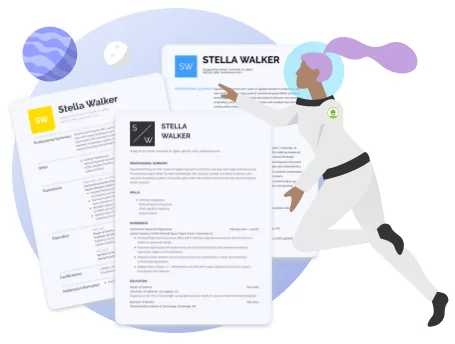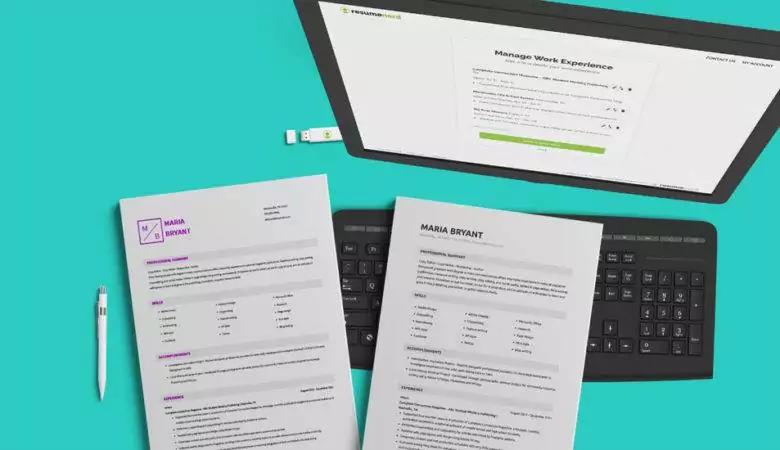Project management skills can help you identify your project’s goals and accomplish them. How can you list these skills more effectively on your resume?

How to Use Project Management Skills
Project Management Skills
If you’re planning to join a company, especially in a management role, project management skills are likely going to be an important part of your skill repertoire. This is because many managers have to create, organize, and carry out increasingly complicated projects, and having command over the most important project management skills makes it easier for you to keep your team working and deliver projects on time. Here’s what you need to know about project management skills.

Why Project Management Skills Are Important for a Company
Project management skills are necessary for companies because they help you turn individual employees into a productive team. A successful project manager knows how to split a project up into individual steps, assign those steps to the team members that will do best with them, and stay on top of task management until project goals are reached. Essentially, the project manager’s job is to ensure that everyone is using their skills appropriately and completing the project. Project management professionals can spend years learning how to assess teamwork and determine the best roadmap to project success. In some companies, general managers will also be project managers, while in other companies, these will be two different roles.
The Top Project Management Skills to Master
To be an effective project manager, you need to hone certain key skills. Whether you’re planning to apply as a project manager specifically or you’re just applying for general management positions, you should feature some of these essential project management skills in your resume:
- Conflict management and conflict resolution
- Effective communication skills with team members and project stakeholders
- Knowledge of the project lifecycle
- Team building and team management
- Negotiation skills
- General project planning
- Adaptability
- Knowledge of project management tools
- Risk management knowledge
- Critical thinking
- Problem-solving
- Leadership
- Time management
- Budget management
- Knowledge of project management methodologies, such as Agile
- Understanding of task dependencies
- Ability to manage project schedules and milestones
Note that you don’t need to include every one of these skills on your resume, and in fact, it’s best not to. However, these are all skills that a great project manager may have in their back pocket, which means they are skills that you want to showcase throughout your resume and cover letter.
It’s good to note that project management skills include both soft skills and hard skills. Of course, soft skills – intangible skills that show how you can collaborate with others and approach work in general – are crucial for project management. You need to be a good communicator if you’re going to keep your project team on target. However, you will also need technical skills, such as knowledge of project management software. You can even get certifications in these areas to prove your expertise.
Tips for Developing Better Project Management Skills
Generally, the best way to develop your project management skills is just to use them. The more frequently you use your project management skills, the better you’ll be at it. The best project management experts didn’t start using their skill set yesterday, They’ve been using these skills for years and years, providing deliverables of all kinds throughout their career.
Another option is to take classes and get actual certifications in these skills. A good project manager doesn’t necessarily need certifications, but it can help prove your skills to a hiring manager and it can help teach you new skills you’ve never been able to grasp before. You can take many of these courses from established, reputable organizations like the Project Management Institute (PMI) to learn new technical skills.
FAQ: Project Management Skills
Many different types of project management software exist, and the option you choose may depend on your team members, what you’re using the tools for, and what you’re most comfortable with. For example, if you have a variety of deliverables that you need to have in different stages at the same time, a Kanban framework like Trello might be best. If you just need to be able to see several different projects that you’re working on at once, Microsoft Excel spreadsheets might work well. If you’re trying to plan out the entirety of a project for stakeholders, Gantt charts in Microsoft Project might be beneficial. Project management is all about learning the different tools that work best for your specific needs.
The best way to show off your project management skills is to point out how you’ve used them and the benefits they’ve provided. This is generally true for resume skills, but it’s especially true when it comes to this specific type of skill. You need to show off the accomplishments you’ve pursued as a project manager. Additionally, use the STAR method of responding to interview questions to continue to spotlight your skillset during the interview.
Project management methodology is a set of principles that project managers might use to plan and execute projects. Similar to teaching philosophies, there is a wide range of project management methodologies. For example, you may use the Agile project management methodology, the Waterfall methodology, or the Scrum methodology. If you want to learn more about these different methodologies, take project management classes to increase your competencies in this area.








